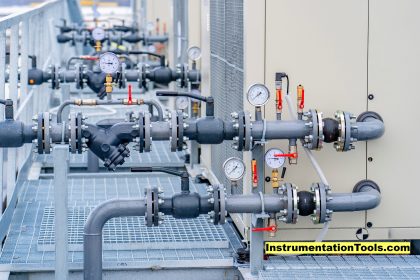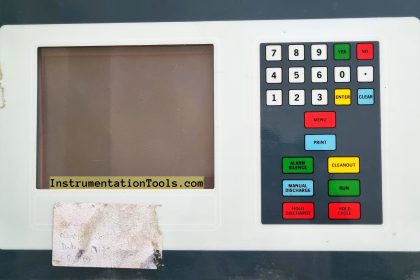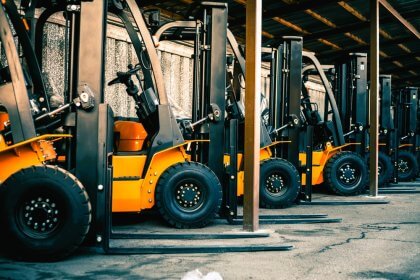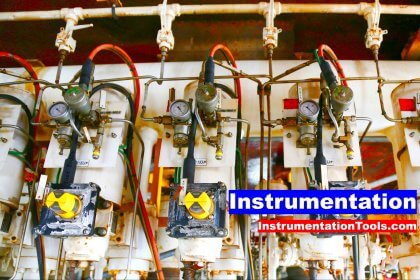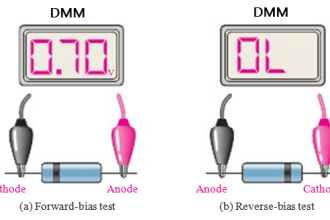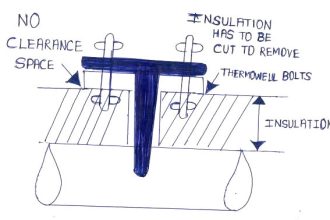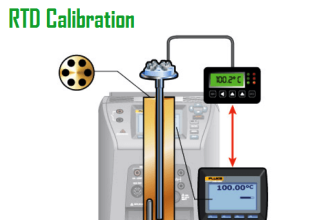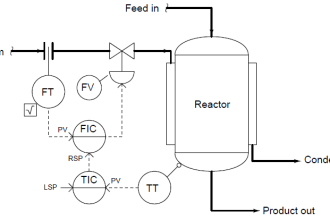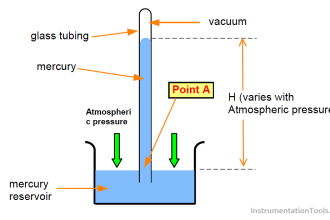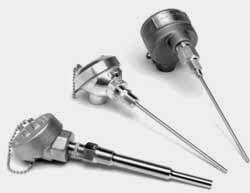In this article, we will learn the most common general reasons for industrial electrical motor failures.
Electrical Motor Failures
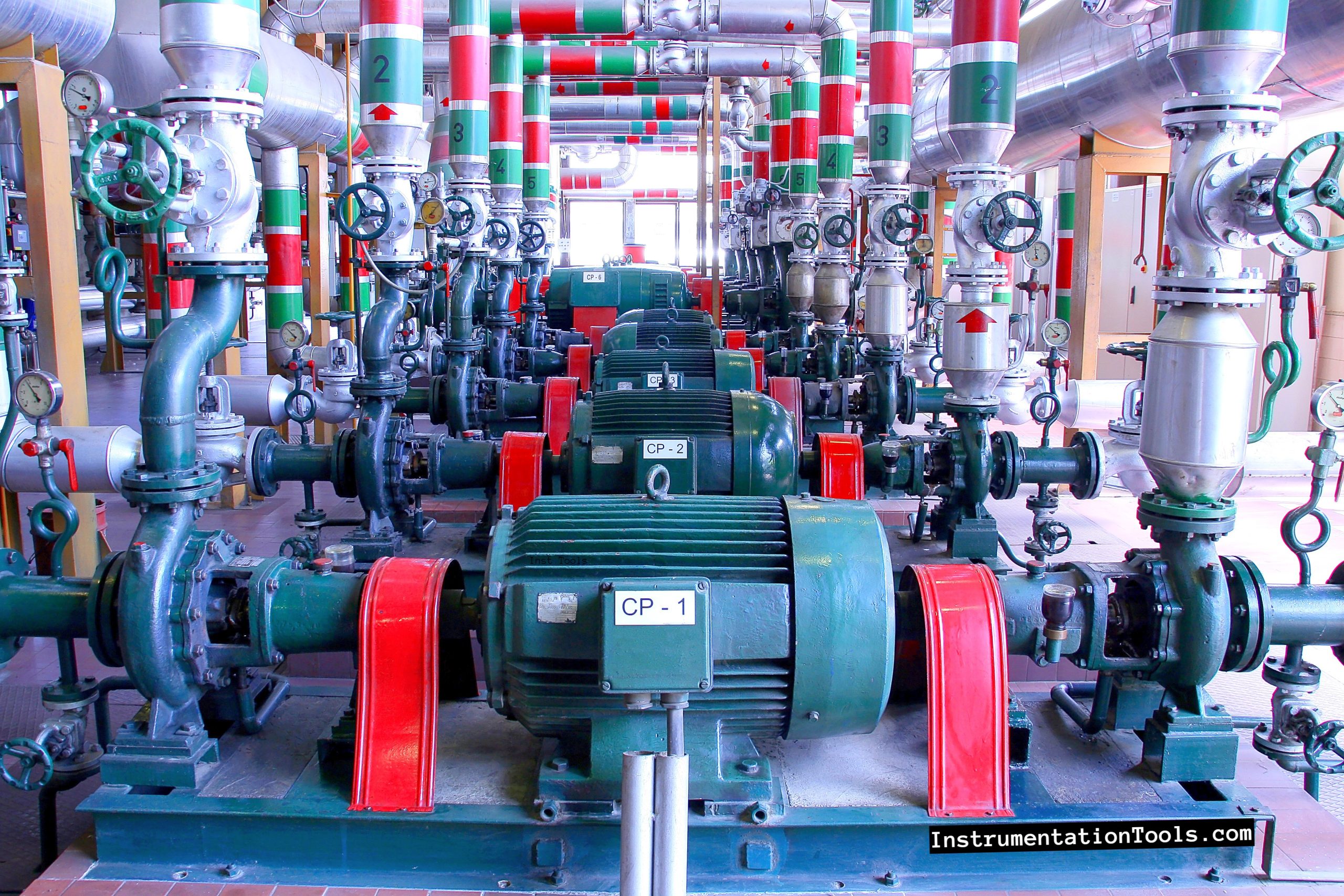
The motor is the most commonly used electrical equipment everywhere. Any application requires a motor to run a process.
So, obviously, the motor is one of the most running components in an electrical circuit. Due to this, there is a high chance of the motor going into failure mode.
Motor Bearings Failure
This is one of the most common reasons for motor failure. Motor bearing losses are huge and can damage the motor after a certain period of time.
Insufficient lubrication is one of the main causes of this. If you do not regularly re-grease your bearings at frequent intervals, then the bearing can fail.
Sometimes, people over-grease the bearings. Even this can overheat them and cause their failure. If you are using the wrong type of lubricant or grade of grease, then this may damage the bearings.
It is essential that the motor and load be correctly aligned under actual operating temperatures and conditions.
Sometimes, they may become misaligned due to deformation or thermal growth associated with temperature change.
This misalignment can also cause bearing failure. If the motor shaft is overloaded or if there is excessive vibration, then it can cause bearing failure.
Stator Winding Failure
Overheating of the stator winding due to improper cooling conditions can result in its damage.
If you are starting and stopping the motor more frequently, then it can cause thermal stress on the windings, which will eventually result in overheating.
Even overloading can cause thermal stress on the windings.
Low Resistance
Another cause of motor failure is low resistance. Low resistance is caused by the degradation of the insulation of the windings due to conditions such as overheating, corrosion, or physical damage.
This leads to insufficient isolation between the conductors or motor windings, which can cause leakages and short circuits, and eventually motor failure.
Contamination
Contamination from dust, dirt, and chemicals is also one of the leading causes of motor failure.
Foreign bodies which find their way inside the motor can dent bearing raceways and balls, leading to high levels of vibration and wear.
The contamination can also block the cooling fan, limiting the motor’s ability to regulate its temperature, and increasing the likelihood of overheating.
Rotor Bar
As discussed before in the stator winding part, the same effect of overheating and overload, due to excessive start-stop, high load torque, and high inertia for a prolonged period of time can cause damage to the rotor windings.
Power Availability
If the quality of the power supply given to the motor is poor (transient voltage, voltage imbalance, and harmonic distortion), then the motor can get damaged easily after a prolonged period of time.
In this way, we understand the most general reasons which can cause a motor to fail.

